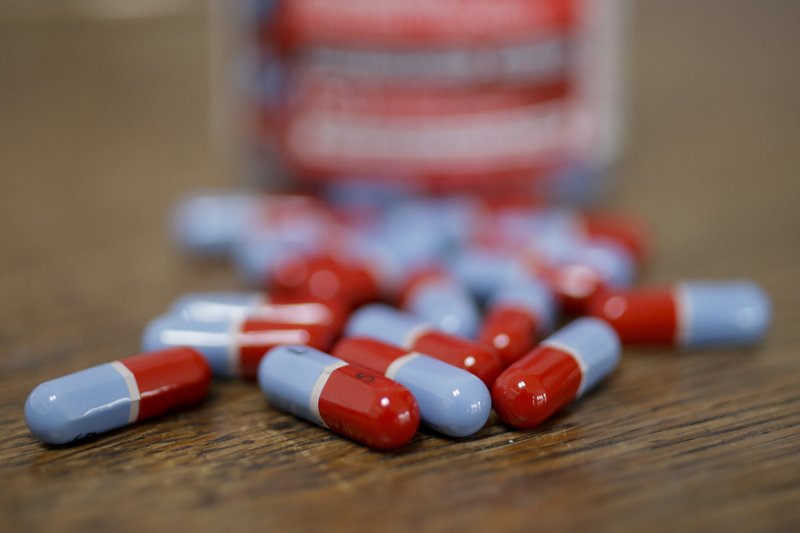Could the decriminalization of drugs be the new wave?
By decriminalizing hard drugs, Oregon could pave the way for how the United States treats drug charges
In the 2020 election on Nov. 3, Oregon voted to pass Measure 110 which decriminalized the possession of numerous hard drugs including cocaine and heroin, which means one can be fined but no longer arrested for possessing small amounts of the drugs.
Measure 110 was backed by the Drug Policy Alliance. According to their website, the group “Envisions a just society in which the use and regulation of drugs are grounded in science, compassion, health and human rights…”
As of 2020, eleven states have legalized marijuana, with Oregon being one of the first. This leaves us to wonder, is decriminalizing hard drugs ‘the new wave’? The answer remains in Oregon.
Through Measure 110, rather than being arrested, citizens will have the option to pay a $100 fine, just like Oregon’s marijuana decriminalization of 1973. They will also have the option to attend an addiction recovery center, which is funded by the tax revenue from marijuana sales.
In the United States, while the the push to decriminalize and legalize certain drugs has been happening for decades, no other state in the U.S. has decriminalized more potent drugs. In 2001, Portugal decriminalized drugs with the same procedures as Oregon. Portugal saw success decreasing their prison population and providing support for those in need.
This could be a great success in the US. In 2017, over 1.2 million drug related arrests were made. The United States currently has the largest incarceration rate in the world, in large part due to the disastrous war on drugs.
With a change in the US prison system comes a step forward for racial justice. In 2017, 342,513 or 27%of drug arrests were Black people. A shift in the way we treat drug charges would lead to fewer Black people behind bars. In general, African Americans are incarcerated at five times the rate of White people.
Oregon sets the perfect example of this, by allowing the option to attend a recovery center, many community members will be able to get the help they need.
Decriminalizing drugs also has the potential to change the safety of street drugs and decrease overdoses. This comes with decriminalizing what is considered drug paraphernalia.
Drug checking allows for consumers to check their drugs for any other substances that could be added to make them stronger or more dangerous. Many drug checking supplies are labeled as drug paraphernalia and in some states are illegal.
Fentanyl strips are a prime example. Fentanyl is a dangerous synthetic opioid that is often added to drugs like heroin to make them more potent. This is where drug checking comes in. Fentanyl strips are used to check if fentanyl is present in substances. This can help decrease overdoses from unknowingly ingesting fentanyl.
It is unclear how this change in Oregon will affect the state and the country as a whole. But as the movement to legalize marijuana makes its way to the U.S. Senate, it is possible the decriminalization of hard drugs will be the next step.
What is most crucial is that drug use becomes a public health issue that should be met with support rather than imprisonment. The coming months in Oregon could pave the way for the rest of the U.S. to follow, creating a positive ripple across the country.







































